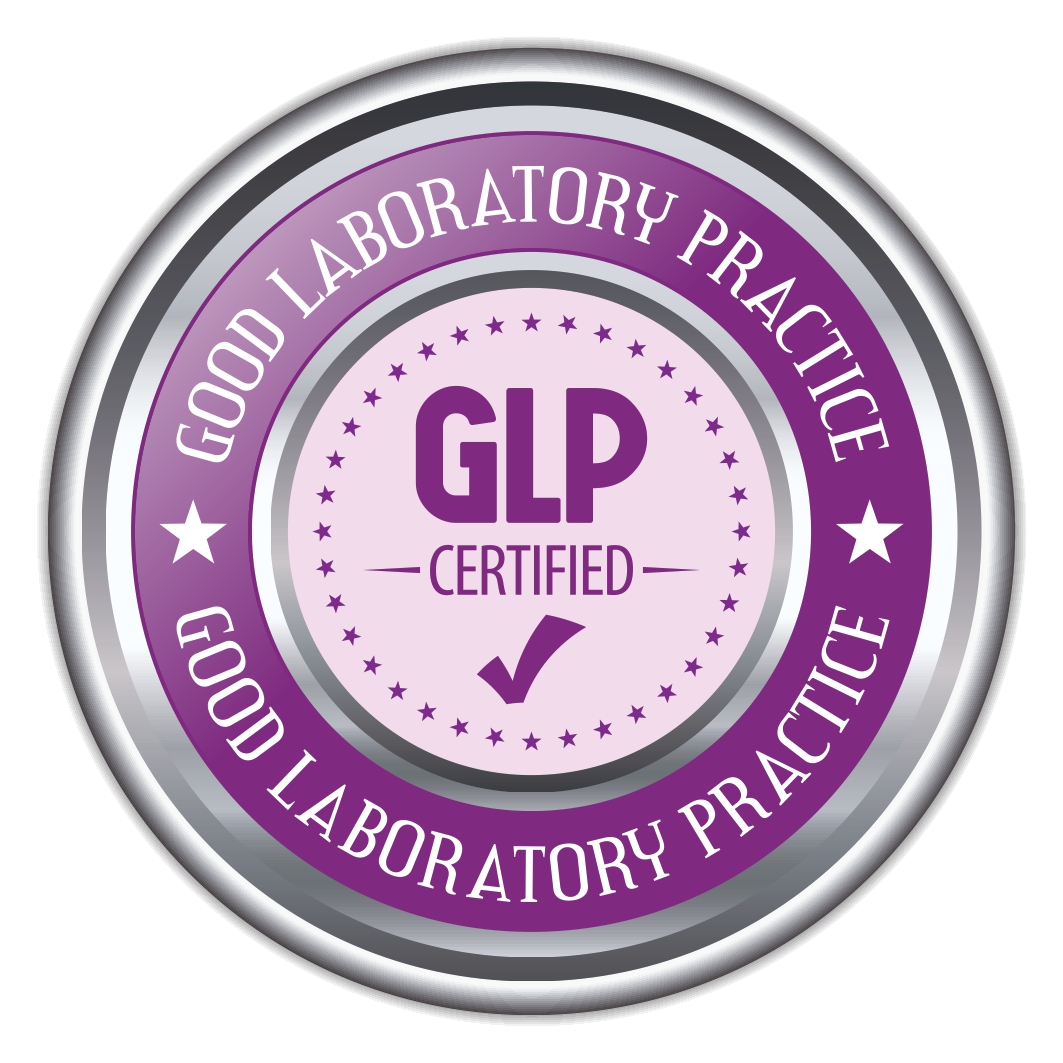DNA can be amplified using the Polymerase Chain Reaction (PCR) and amplified in a quantitative manner using Quantitative Polymerase Chain Reaction (qPCR). Optionally, RNA can be converted to DNA using a method termed Real-Time Polymerase Chain Reaction (RT-qPCR). RT-qPCR allows for the amplification, detection and quantitation of RNA utilizing Reverse Transcription (RT), a technique that employs a reverse transcriptase enzyme to amplify RNA. Prior to the amplification process, the RNA is purified, then reverse transcribed into complementary DNA (cDNA).
Following transcription, the cDNA is amplified and selectively quantified using RT-qPCR. RT-qPCR quantifies RNA at any one time or in “real time,” providing a rapid method for detecting and quantifying gene expression in mammalian, bacterial or viral cells via amplification of RNA. Amplification of DNA in “real time” is possible through the use of a fluorescent reporter. The fluorescent signal strength of the reporter molecule is directly proportional to the number of DNA molecules that have been amplified or the number of RNA molecules that have been reverse transcribed.
The Applications of PCR
PCR is used in research and clinical settings. Applications include:
- Gene expression (including gene activation and regulation)
- Genotyping or gene detection
- Cloning
- Mutagenesis
- Analysis of methylation
- Sequencing
- Medical
- Diagnostics
- Forensics
- Applied sciences
Once DNA or RNA amplification is completed by PCR or RT-PCR, respectively, the amplified product or amplicon can be sequenced and compared to known nucleotide sequence databases, such as the microbial or mammalian genome databases, for positive identification of a specific bacteria, virus, cell, protein, etc.
Common Uses of PCR/RT-PCR
Some of the common uses of PCR or RT-PCR include:
- Identification and/or quantitation of gene expression levels of bioreactive cells in response to a medical device or biomaterial surface
- Presence of a gene RNA or DNA sequence in soil, sand or water samples for diagnosis and/or quantitation of bacteria, viruses, fungi and other microbial organisms
- Presence of a gene RNA or DNA sequence in fecal samples for diagnosis and/or quantitation of pathogens of the gastrointestinal system
- Presence of a gene RNA or DNA sequence in food for diagnosis and/or quantitation of pathogens of supply sources
- Detection of antimicrobial/drug-resistant genes
- Evaluation of gene/biomarker expression responsible for cancer development, progression and response to treatment
Gene Amplification Execution and Successful Experience
The CMDC Labs scientific staff is highly experienced in all aspects of PCR, qPCR, RT-PCR, RT-qPCR including Experimental Design, Chemistry Design or Probe & Primer Selection, Reaction Optimization, Assay Validation & Optimization and Data Analysis.
Attention to detail in performing in vitro cell cultures, nucleic acid amplification & quantitation, as well as stringent molecular biology techniques, enable CMDC Labs to produce high quality and reproducible results. CMDC Labs’ specialized and standardized skills in cell biology, bioassays, nucleic acid amplification and quantitation enable us to provide clients with the most rapid and cost-effective routes for successfully completing client DNA and RNA assays.



